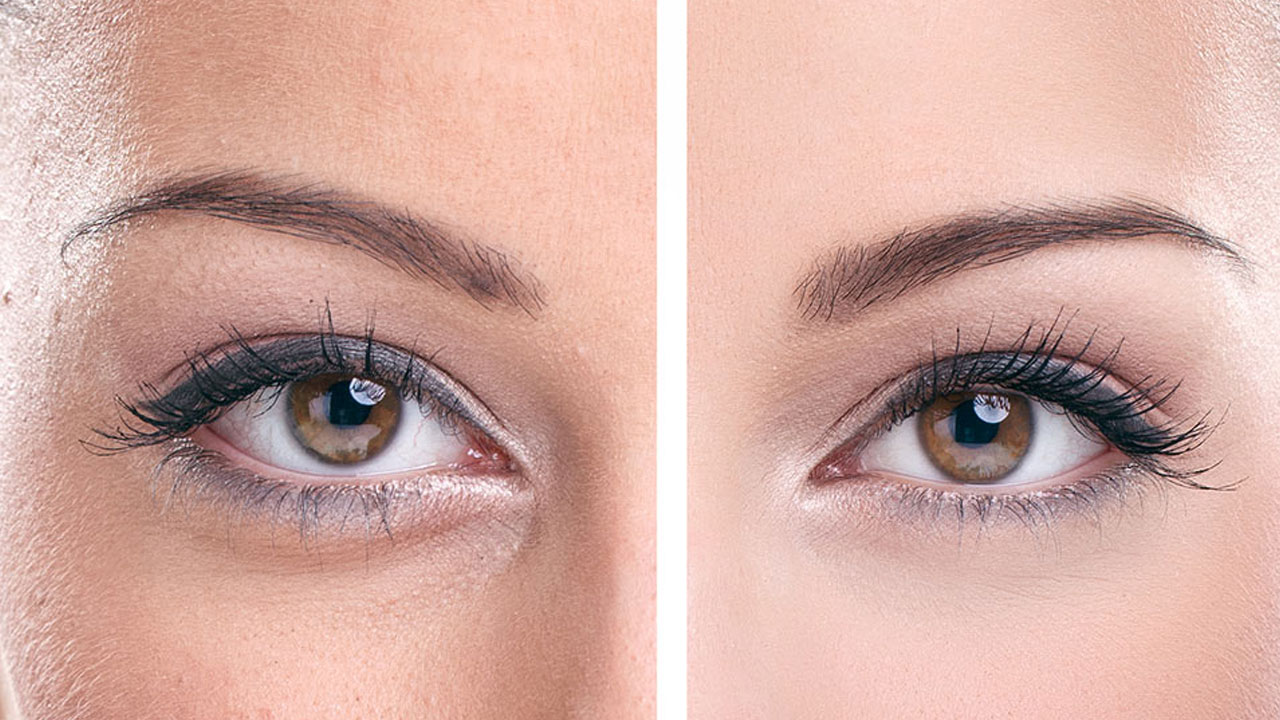- Contact: +91-9270109498 020 24352449
- Email: kuldeepdole@yahoo.co.in

Oculoplastic Surgery in Pune
Dole Eye Hospital in pune provides highly trained Oculoplastic surgeons with special expertise in the complex anatomy of the eye. They have excellent surgical skills essential for performing precise procedures in this specialized field.
What is Oculoplastic Surgery
Oculoplastic Surgery is a specialized field that focuses on the delicate structures around the eyes, including the eyelids, tear ducts, and orbital area. It combines the principles of ophthalmology and plastic surgery to address functional and aesthetic concerns.
Oculoplastic Surgery for Functional and Aesthetic Purposes
Oculoplastic Surgery aims to restore or enhance the functionality and appearance of the eyes and surrounding structures. Functional procedures correct abnormalities affecting vision, eye movements, or eyelid position, such as ptosis repair, ectropion, entropion correction, and eyelid reconstruction after trauma or tumor removal.
Aesthetic procedures like blepharoplasty remove excess skin and fat for a rejuvenated look. At the same time, brow lifts elevate eyebrows and minimize forehead wrinkles.
Oculoplastic Surgery for Eye Conditions and Disorders
Oculoplastic Surgery is essential in managing various eye conditions and disorders. For instance, patients with thyroid eye disease may undergo oculoplastic intervention to address bulging eyes, eyelid retraction, or double vision.
Surgeons are proficient in oculoplastic also, treat eyelid lesions and tumors and address cosmetic and diagnostic concerns. They are skilled in handling orbital tumors requiring excision or orbital reconstruction. Oculoplastic procedures benefit individuals with eyelid malposition from neurological conditions, improving function and eye protection.
Benefits and Advancements in Oculoplastic Surgery
- Advancements in oculoplastic Surgery have transformed patient outcomes, providing numerous benefits.
- Improved surgical techniques enable precise and predictable results, ensuring optimal functional and aesthetic outcomes.
- Minimally invasive approaches, including endoscopic techniques, are now employed by oculoplastic surgeons to minimize scarring and shorten recovery time.
- Oculoplastic Surgery produces natural-looking results that seamlessly blend with the patient's facial features.
- Surgeons deeply understand facial anatomy and tailor the approach to each patient's unique needs and desired outcomes.
- Oculoplastic Surgery effectively addresses functional abnormalities and enhances aesthetics.
- The results of oculoplastic Surgery are satisfying and long-lasting.
- Patients can expect improved eyelid function, enhanced facial appearance, and increased self-confidence.
- Long-term follow-up and maintenance can help prolong the results of oculoplastic Surgery.
- Oculoplastic Surgery continues evolving, incorporating new techniques and technologies to enhance patient outcomes.
Preparing for Oculoplastic Surgery
- Preparing for oculoplastic Surgery requires careful consideration and planning.
- The surgeon will conduct a thorough medical evaluation to assess your overall health before the Surgery.
- The surgeon will provide pre-operative instructions, including avoiding specific medications or supplements that can impact bleeding or anesthesia.
- If you are a smoker, it is strongly advised to quit smoking before the Surgery to promote better healing and reduce the risk of complications.
- Arrange transportation to and from the surgical facility to ensure a safe and stress-free experience.
- Plan for post-operative support during the initial recovery period to help with daily activities and care.
The Oculoplastic Surgery Procedure
- Oculoplastic surgery procedure is tailored to specific treatment goals and the area being addressed.
- Anesthesia may be local or general, depending on the complexity of the Surgery and patient preference.
- Incision placement and surgical techniques are customized to achieve desired outcomes while minimizing visible scarring.
- The surgeon meticulously manipulates tissues during the procedure, which may involve removing excess skin, repositioning muscles, or reconstructing the orbital area.
- The duration of the Surgery varies depending on the complexity of the procedure.
Recovery and Post-operative Care
- The comprehensive post-operative care plan is crucial for optimal healing and recovery after oculoplastic Surgery.
- Surgeon provides detailed instructions on wound care, medication management, and activity restrictions during the initial healing period.
- Expect swelling, bruising, and discomfort in the treated area, gradually diminishing.
- Attend all scheduled follow-up visits to monitor progress and address any concerns.
- Follow the surgeon's recommendations and be patient; final results may take several weeks to manifest fully.
Oculoplastic Surgery is a specialized field encompassing functional and aesthetic procedures for the eyes and surrounding structures. It offers practical solutions for various eye conditions and disorders, with advancements in surgical techniques providing numerous benefits and natural-looking results.
Frequently Asked Questions about Oculoplastic Surgery
Q1: What is the recovery time for oculoplastic Surgery?
Recovery time for oculoplastic Surgery varies based on the procedure and individual factors. Initially, patients experience swelling and bruising, which gradually diminishes within a few weeks. Most patients can resume normal activities within 1 to 2 weeks. However, complete healing and final results may take months.
Q2: How long do the results of oculoplastic Surgery last?
Results of oculoplastic Surgery's longevity vary based on procedure, healing capabilities, and aging. Though it can provide long-lasting outcomes, aging is an ongoing process. Procedures like blepharoplasty or brow lifts typically offer years of results. However, natural changes in skin elasticity and aging effects may gradually impact the treated area.
Q3: What are the common procedures performed in Oculoplastic Surgery
Blepharoplasty (Eyelid Surgery), Ptosis Repair, Eyelid Reconstruction, Brow Lift, and Tear Duct Surgery are the common procedures performed in Oculoplastic Surgery.
